Why Rifaximin and Antimicrobials Alone Aren’t Enough—And What It Really Takes to Resolve SIBO for Good
SIBO (Small Intestinal Bacterial Overgrowth) is linked to a range of digestive and systemic conditions, including IBS, reflux, and inflammatory skin conditions such as rosacea and psoriasis.
💊 Rifaximin for SIBO?
While rifaximin and other antibiotics are commonly prescribed, their long-term benefits appear limited.
In the pivotal trial used for FDA approval, rifaximin outperformed placebo by only 10%, 1 and recurrence rates remain high, up to 44% within 9 months. 2
Although many patients experience short-term relief, maintaining those improvements is often challenging.
More concerning, a 2024 Nature study 3 found that repeated rifaximin use can promote the survival of multidrug-resistant gut bacteria, increasing the risk of harder-to-treat infections in the future.
These findings underscore the need for safer, microbiome-preserving alternatives.
🌿 Antimicrobials for SIBO?
Herbal antimicrobials have emerged as a promising option, but it’s still early in their assessment:
- A 2014 Johns Hopkins study found that a 4-week herbal protocol (including berberine, oregano oil, and other botanicals) was as effective as rifaximin—and even worked in patients who had previously failed rifaximin. 4
- A 2024 open-label study of 12 adults (16 enrolled, 4 dropped out) showed that a 10–14 week botanical protocol (Biocidin, GI Detox+, and Olivirex) resolved 100% of hydrogen sulfide SIBO cases and 66.7% of hydrogen cases, while also reducing facial redness by 20%. 5
- A 2021 case report described a 4-week herbal protocol (berberine, garlic, oregano oil, grapefruit seed extract, and caprylic acid) combined with digestive enzymes and a dietary intervention, resulting in breath test normalization and sustained symptom relief at a 3-month follow-up. 6
While these findings are encouraging, they are based on small, short-term studies and a single case report. Larger, well-controlled, long-term clinical trials are needed to confirm the sustained efficacy and safety of herbal therapies for SIBO.
🚫🦠 SIBO is not an Infection
Also, it’s important to understand that SIBO is not an infection in the traditional sense.
It involves an overgrowth of normal, healthy gut bacteria—commensals from both the colon and the small intestine—that have simply overgrown or migrated into the wrong place.
Because these microbes are not harmful invaders, treating SIBO as an infection to be “killed” by either pharmaceutical antibiotics or antimicrobials is a shotgun approach.
While it can offer short-term relief, repeated use of antimicrobials risks collateral damage to the microbiome and fails to address the root causes that allowed the overgrowth to occur in the first place.
A more effective and sustainable strategy focuses on addressing underlying issues to restore proper digestion and GI function, all while considering microbiome health.
While herbal protocols can help reduce bacterial overgrowth and relieve symptoms (less evidence for methanogens and constipation), they are not a complete solution on their own, just as synthetic antibiotics are not.
Sustainable recovery depends on correcting the underlying conditions that allow SIBO to persist.
🏛️That is why we recommend a 4-pillar strategy for long-term success:
1. Diet and Digestion
Adapt your diet to your digestive capability. The Fast Tract Diet principles and other dietary tools help reduce gas, bloating, and/or reflux by limiting highly fermentable carbohydrates.
2. Root Cause Analysis
SIBO often involves several underlying or contributing causes, from a total of 35 to 40 identified factors. Diagnostic testing is essential for uncovering the specific drivers of overgrowth in your case.
3. Pro-Digestion Behaviors
What you eat is important, but just as important are when you eat, how much you eat, and how you eat. Meal spacing, thorough chewing, body posture, and food preparation methods all impact digestion and microbial balance.
4. Targeted Supplements
The use of clinically supported
🔬🩺 My Approach as a Medical Microbiologist
Whether you pursue herbal antimicrobials, prescription antibiotics, or a combination of both, these four elements are essential for achieving meaningful, lasting progress and relief.
As a medical microbiologist who contributed to the development and approval of ciprofloxacin, I approach antibiotics and antimicrobials from a rigorous, science-based perspective.
Ready to take the next step toward lasting relief?
📅 Schedule a complimentary pre-consult appointment, click HERE or
📞 Call us at (844) 495-1151 (U.S.), Monday – Friday, 8:30 a.m. – 5:00 p.m. ET.
📚References
-
Pimentel M, et al. Rifaximin therapy for patients with irritable bowel syndrome without constipation. N Engl J Med. 2011;364(1):22–32. https://pubmed.ncbi.nlm.nih.gov/21208106/
-
Lauritano EC, et al. Small intestinal bacterial overgrowth recurrence after antibiotic therapy. Am J Gastroenterol. 2008;103(8):2031–2035. https://pubmed.ncbi.nlm.nih.gov/18802998/
-
Ramachandran G, et al. Rifaximin promotes the dominance of multidrug-resistant bacterial strains in the gut. Nature. 2024;626:123–129. https://www.nature.com/articles/s41586-024-08095-4
-
Chedid V, et al. Herbal therapy is equivalent to rifaximin for the treatment of small intestinal bacterial overgrowth. Glob Adv Health Med. 2014;3(3):16–24. https://pmc.ncbi.nlm.nih.gov/articles/PMC4030608/
-
Rahbar A, et al. Open-label clinical evaluation of a novel botanical protocol in patients with hydrogen- and hydrogen sulfide-dominant SIBO. Integr Med (Encinitas). 2024;23(1):30–36. https://pubmed.ncbi.nlm.nih.gov/39339748/
-
Ruggiero V, et al. A case report: SIBO and rosacea successfully treated with a personalized integrative approach. Int J Funct Nutr. 2021;2(1):1–5. https://www.spandidos-publications.com/10.3892/ijfn.2021.23
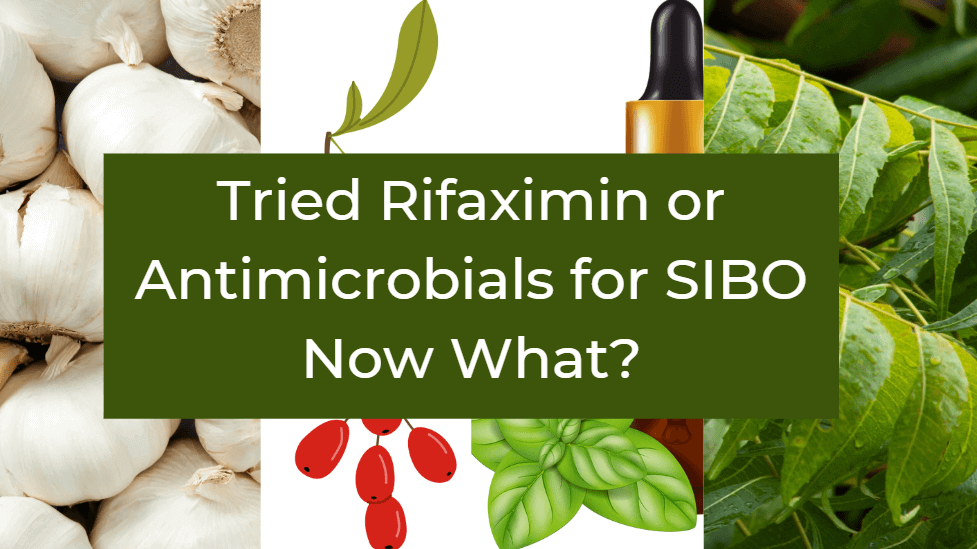

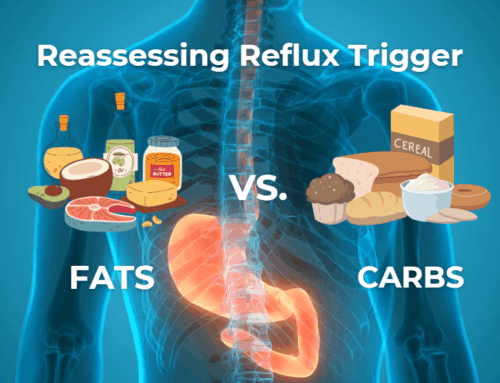
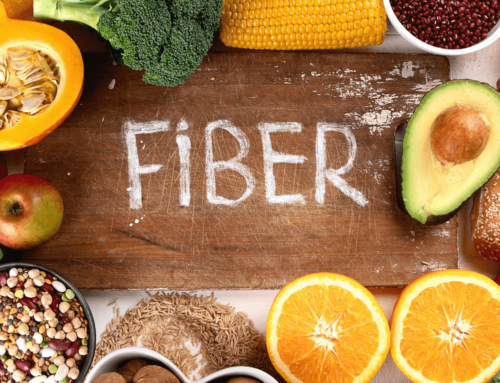
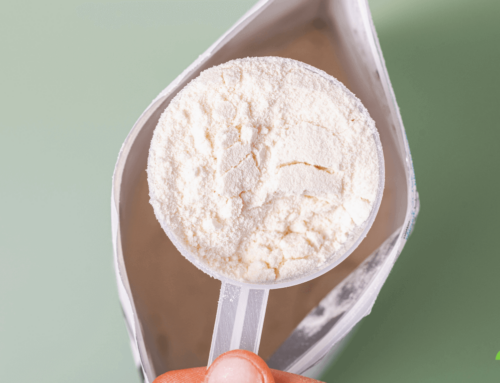
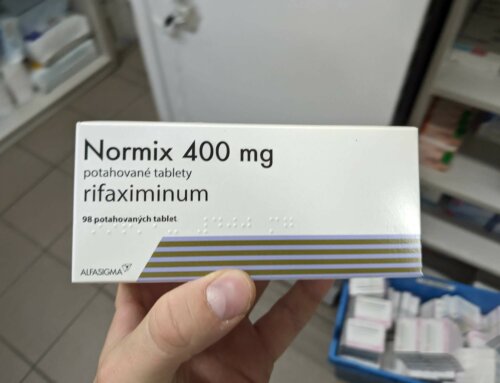
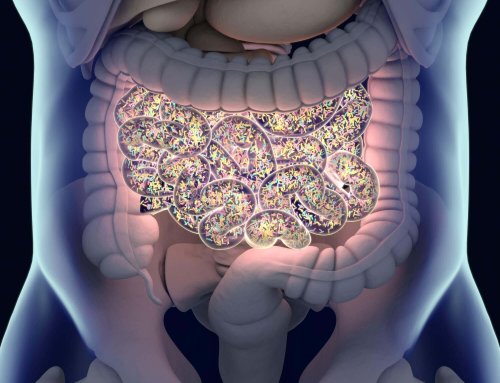
Leave A Comment
You must be logged in to post a comment.